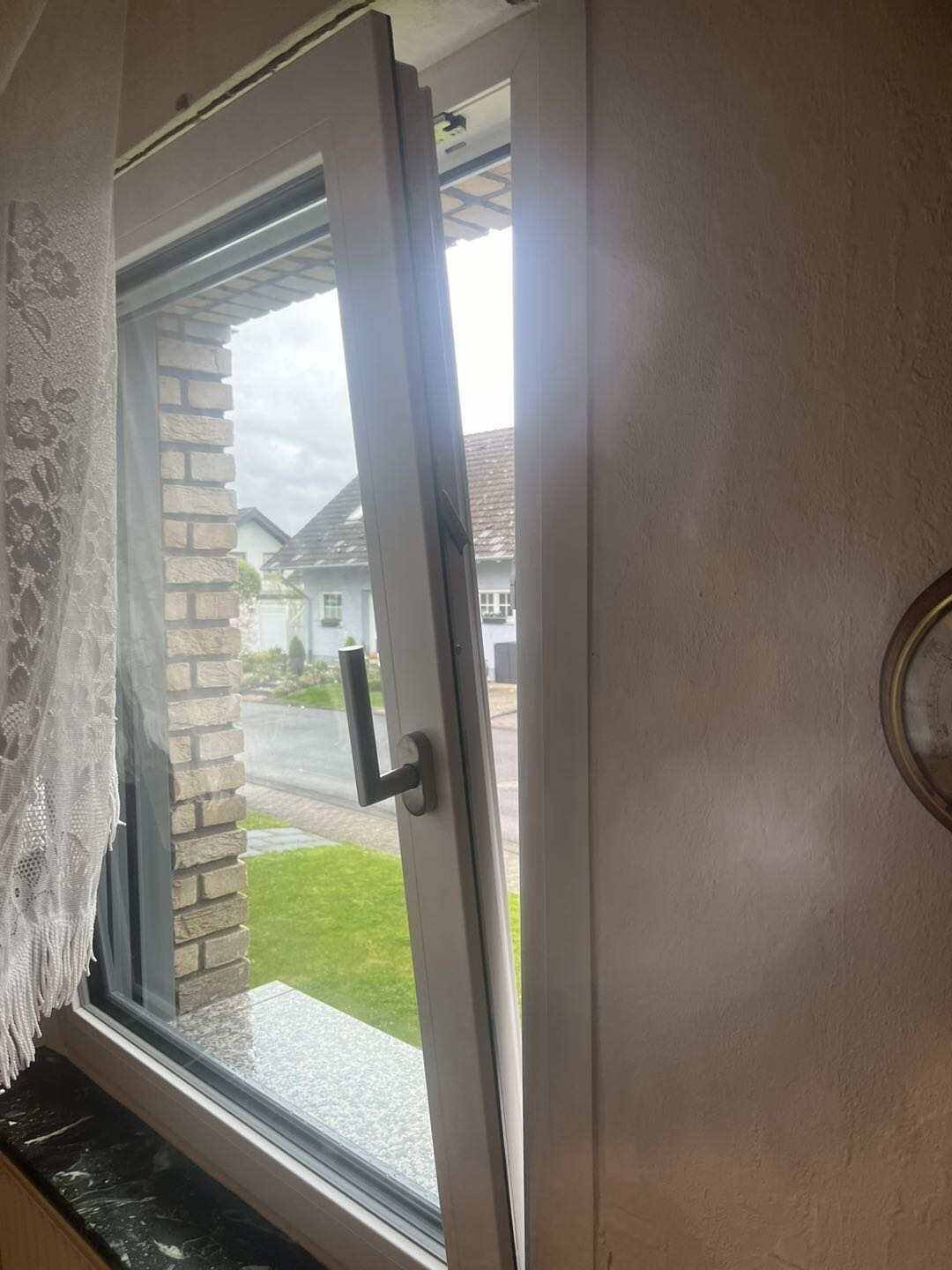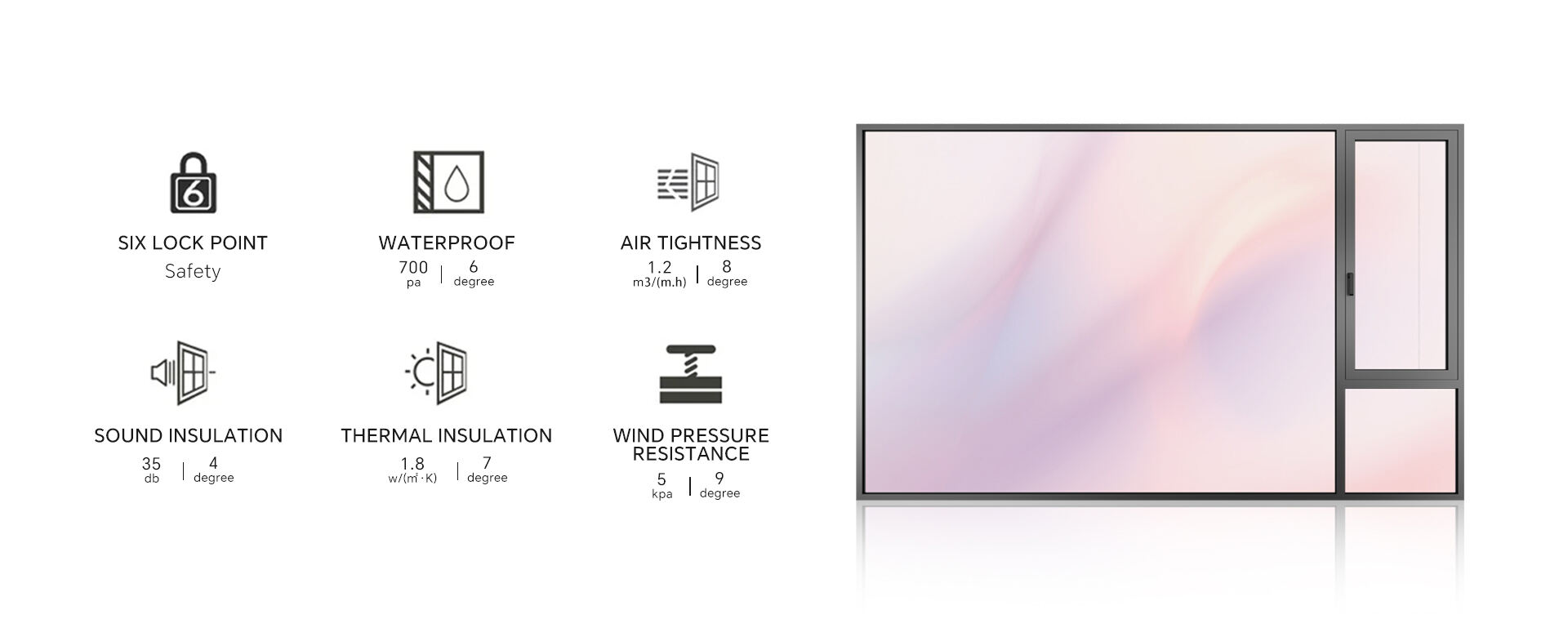Are there quality differences in upvc doors and windows?
UPVC (Unplasticized Polyvinyl Chloride) is a popular material used for doors and windows due to its durability, energy efficiency, and affordability. When it comes to quality differences between UPVC doors and windows, here are some key factors to consider:
How to choose the best upvc windows and doors?
- Material Quality: The quality of the UPVC material used can significantly impact the overall performance of the doors and windows. Look for high-quality materials that are resistant to weathering, fading, and cracking.
- Frame Construction: The frame construction of the doors and windows can affect their stability and durability. Well-built frames with reinforced corners and sturdy hinges can provide better support and prevent warping or rattling over time.
- Glazing: The quality of the glass used in doors and windows can impact their energy efficiency and visibility. Look for glass with low-e coatings to reduce heat transfer and improve insulation.
- Weatherstripping: Proper weatherstripping can help prevent air leaks and maintain a comfortable indoor climate. Look for doors and windows with well-fitting weatherstripping that can help reduce energy losses.
- Installation: Professional installation can make a significant difference in the quality of the doors and windows. Ensure that the installations are done by experienced professionals who can properly align and secure the doors and windows.
- Warranty: Look for doors and windows with good warranties that cover defects and repairs. A longer warranty period can provide added peace of mind and protect your investment.
In summary, when comparing the quality of UPVC doors and windows, there are several factors to consider, including material quality, frame construction, glazing, weatherstripping, installation, and warranty. By paying attention to these factors, you can make an informed decision and choose the best doors and windows for your home.
 In terms of energy efficiency, UPVC doors and windows can provide good insulation and reduce heat transfer. According to a study published in the Journal of Building Engineering, UPVC windows can reduce heating energy consumption by up to 25% compared to aluminum windows.
In terms of energy efficiency, UPVC doors and windows can provide good insulation and reduce heat transfer. According to a study published in the Journal of Building Engineering, UPVC windows can reduce heating energy consumption by up to 25% compared to aluminum windows.
In terms of durability, UPVC doors and windows are generally resistant to weathering and fading. A study published in the Journal of Materials Science and Technology found that UPVC windows can withstand exposure to harsh weather conditions, including high temperatures and humidity, without significant degradation.
In terms of security, UPVC doors and windows are considered to be secure due to their durable frames and reinforced hinges. A study published in the Journal of Security and Transportation found that UPVC doors can provide excellent security against forced entry and burglary.
These are just some of the factors to consider when evaluating the quality of UPVC doors and windows. It's important to do your research and choose products from reputable manufacturers to ensure that you get the best quality and performance.

Thermal insulation aluminum doors and windows are the trend
- Higher thermal resistance: Aluminum has a higher thermal resistance than UPVC, which means it is better at reducing heat transfer through the door or window. This can help keep the interior of a building warmer in winter and cooler in summer, resulting in lower energy bills and a more comfortable indoor environment.
- Better sound insulation: Aluminum is generally better at blocking sound than UPVC, which means it can provide better noise reduction and a more peaceful indoor environment.
- Durability: Aluminum is known for its durability and resistance to corrosion, which can make it a more long-lasting and low-maintenance option than UPVC.
- Aesthetics: Aluminum doors and windows can be designed to provide a modern and sleek appearance, which may be preferred over the more traditional look of UPVC.
- Cost: While the initial cost of aluminum doors and windows may be higher than UPVC, they can be more cost-effective in the long run due to their durability and lower maintenance requirements.
- Environmental impact: Aluminum is a more sustainable and environmentally friendly material than UPVC, as it can be recycled and has a lower carbon footprint throughout its lifespan.
However, it's important to note that these advantages of aluminum doors and windows may not necessarily apply to all situations, and the best choice between aluminum and UPVC will depend on specific factors such as the climate, budget, and design requirements of the project.
 EN
EN
 AR
AR
 FR
FR
 DE
DE
 EL
EL
 HI
HI
 IT
IT
 JA
JA
 KO
KO
 NO
NO
 PL
PL
 PT
PT
 RO
RO
 RU
RU
 ES
ES
 SV
SV
 CA
CA
 TL
TL
 IW
IW
 VI
VI
 MT
MT
 TH
TH
 TR
TR
 MS
MS
 GA
GA
 BE
BE
 IS
IS
 MK
MK
 LA
LA
 KK
KK
 TG
TG
 UZ
UZ
 HAW
HAW









